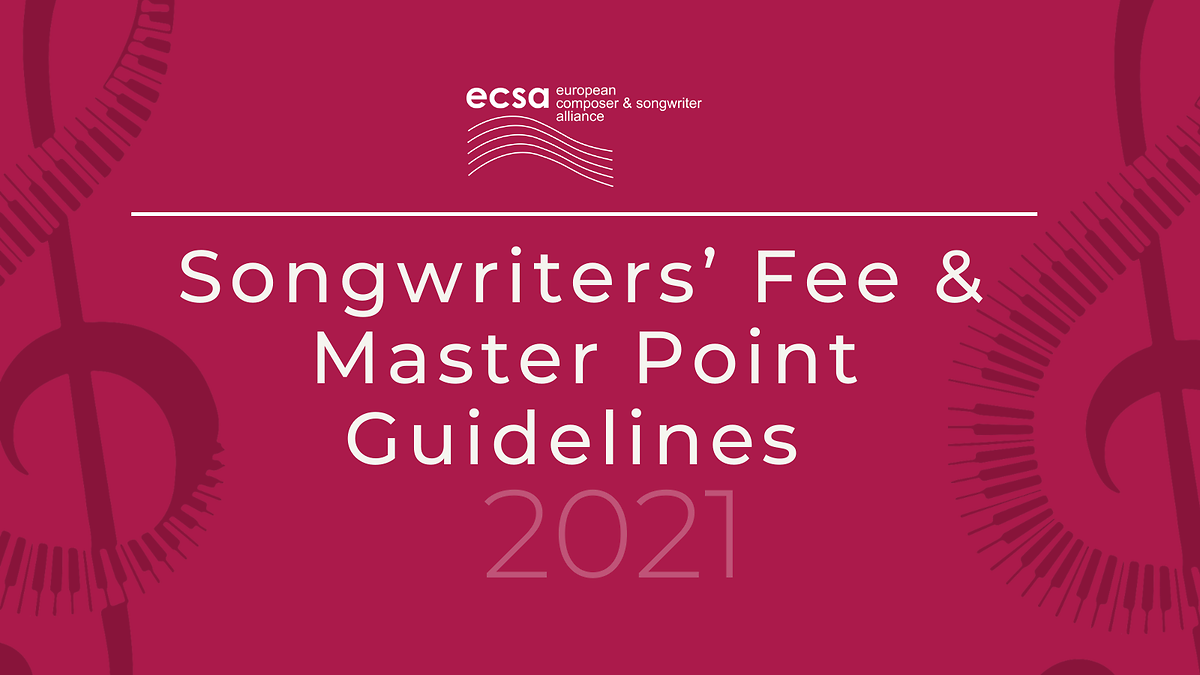Songwriters’ Fee & Master Point Guidelines


Context
The advent of streaming as the dominant way for listeners to consume their music has proven detrimental to the livelihoods of songwriters. This is due to an imbalanced split between the master right, the recording owned by the record label, and the copyright owned by the songwriter. Depending on the streaming service, the label receives anything from four to ten times as much as what the songwriters who created the song get split between them and their respective publishers.
This split may have made sense in the physical market, when the labels paid for the pressing and transport of records, with the risk of them being returned if not sold. In streaming, those costs and the risk of returns have been omitted, which has led to a substantial reduction in label costs and, according to Sony Records head Rob Stringer, much higher profit margins.
Historically, most contributors in the value chain have received fees and/or points on the master. This includes mix and mastering engineers, producers and even A&Rs in some territories. Songwriters, however, have typically not been part of this fair and balanced ecosystem.
In several markets, including the UK, Germany and Denmark, initiatives for ‘walk-in fees,’ ‘per diems’ and ‘development fees’ have become a way for songwriters to leverage their skillset in an individual negotiation with labels, artists, managers and publishers.
The song is at the heart of the music business, and this needs to be reflected in the way that songwriters are fairly compensated for their unique skills.